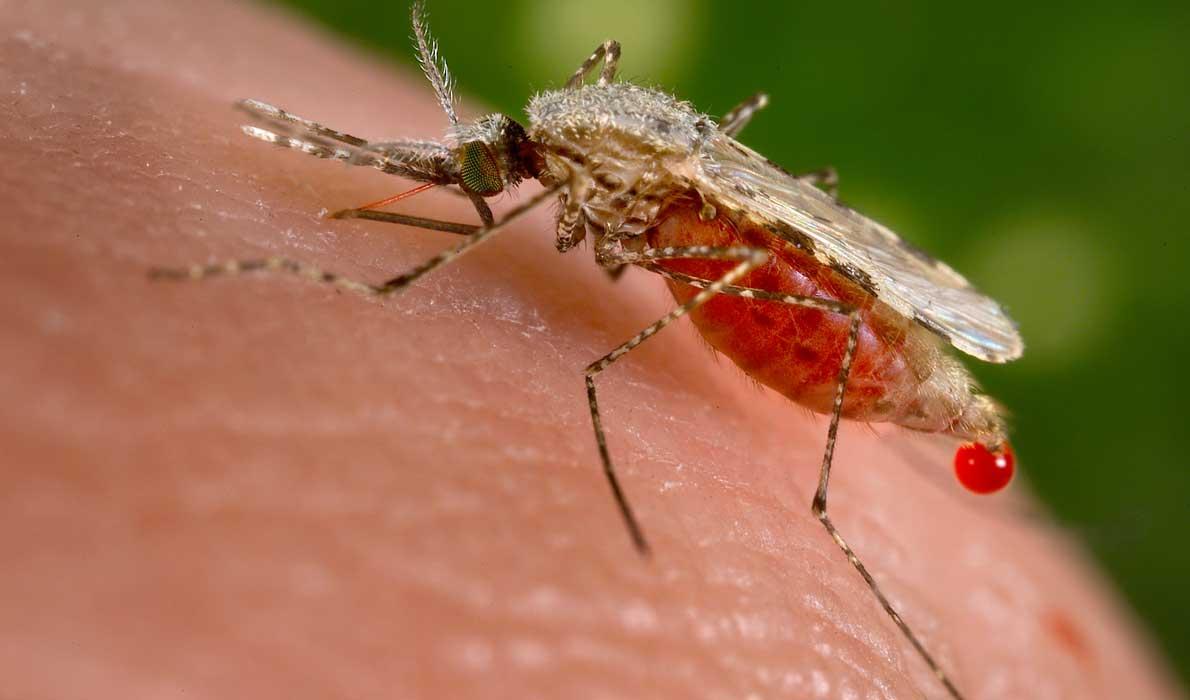Posted July 19, 2016
Last modified July 19, 2016
In the age of mosquito-borne Zika virus and tick-borne Lyme disease, a plant oil-based spray could be what the manufacturer says is a safe way to deploy a broad-based application to kill the insects.
Peter Daley is a franchise operator for Bridgeville, Penn.-based Mosquito Terminators. Daley began advertising in The Working Waterfront, and the newspaper was curious about the product and contacted him at his Belfast home to find out if a natural product really does the trick against these pesky critters.
Daley said when he started his first season running Mosquito Terminators of Mid-Coast Maine earlier this year, he was his own first customer and found the product effective.
“You could never enjoy sitting on the deck at dusk,” he said. “I’ve been treating the property for the last six weeks, and we’re pretty much bug-free.”
One of the products on offer is an insect concentrate and comprises a mix of rosemary oil, geraniol, wintergreen oil, white mineral oil, vanillin and 5 percent “other.” There’s no indication what “other” is, but Daley said it is probably an ingredient that helps to provide the stickiness necessary to adhere to vegetation. Another product is mostly cedarwood oil.
“These are commercially available pesticides that are considered natural and are environmentally preferred,” said Daley, who is compliant with state and federal licensing requirements and fully insured.
The solution is applied with a backpack blower to form a perimeter barrier around a property, along with additional problem areas, and is expected to last 14-21 days. The parent company advertises the natural solution as “safe for adults, children, pets and wildlife.”
“What we tell our customers is, while we’re spraying, you want to have your windows closed and your pets and children inside,” Daley said. “Then, after we’re gone, you wait 20 minutes to let the product dry. Because it’s oil-based, it doesn’t wash off in the rain.”
In concentration, the products pose a hazard to aquatic life. State law requires no pesticide application be made directly into, or within 25 feet of water bodies but, once it’s dry, “it’s about the safest thing you can do,” he said.
Daley said he’s found the product isn’t very effective for black flies. Although black flies in the immediate area are killed, they’re strong fliers and more fly in from long distances. But mosquitoes are localized and can be quelled in one fell swoop, he said—until they start to regenerate again over the next 14 days. Biting flies and ticks that land on the barrier continue to be killed.
The company also offers synthetic pyrethroid insecticides that have higher kill rates and stronger hazard warnings.
Contributed by




